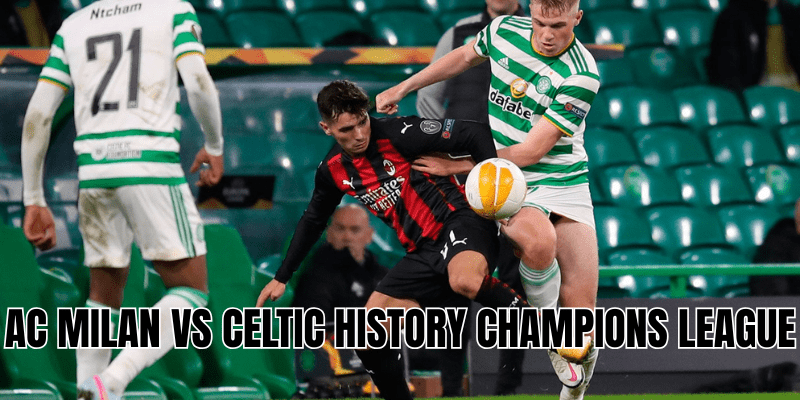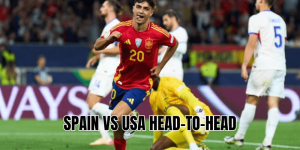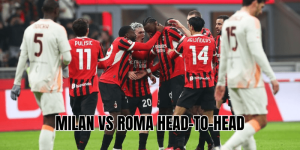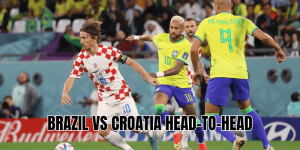In the storied theater of European football, few matchups carry romance and intrigue like AC Milan vs Celtic. For decades, these two giants have crossed paths in the elite club competition, leaving behind dramas, upsets, and unforgettable nights. In this article, StefaKick invites you on a deep dive into the AC Milan vs Celtic history Champions League — tracing past encounters, key moments, player legends, turning points, and statistical narratives. Let’s roll back time and explore how these two have collided on Europe’s grandest stage.
Early encounters and European Cup roots
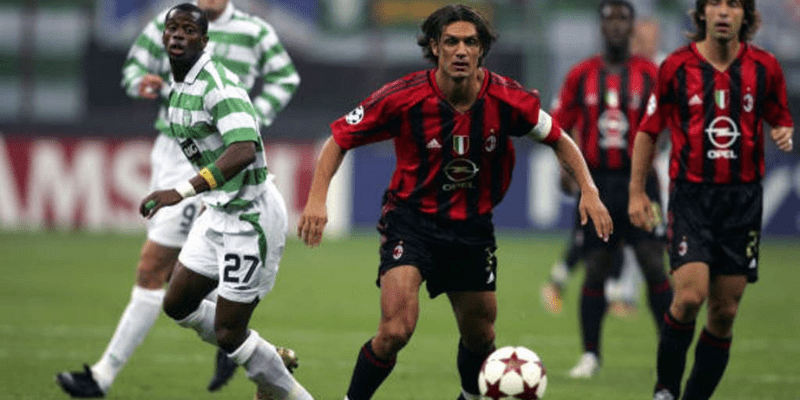
The earliest chapters of Milan and Celtic’s continental relationship date back to the European Cup era, the predecessor to the modern Champions League. These contests set the tone for a rivalry defined by contrast — between Italian might and Scottish grit.
In the 1968–69 European Cup quarter-finals, Milan and Celtic locked horns. In the first leg, the match in Glasgow ended 0–0, and in the return leg in Milan, AC Milan edged Celtic with a 1–0 win. That tie remains one of the early benchmarks of their direct history. Over subsequent decades, meeting in Europe was rare for Celtic, making those duels all the more memorable.
But it is in the Champions League era (post-1992) where the bulk of their clashes occurred. The rivalry picked up in the group stages of the 2000s and 2010s, with both clubs trading nerves, ambitions, and tactical fireworks.
Head-to-head record and statistics
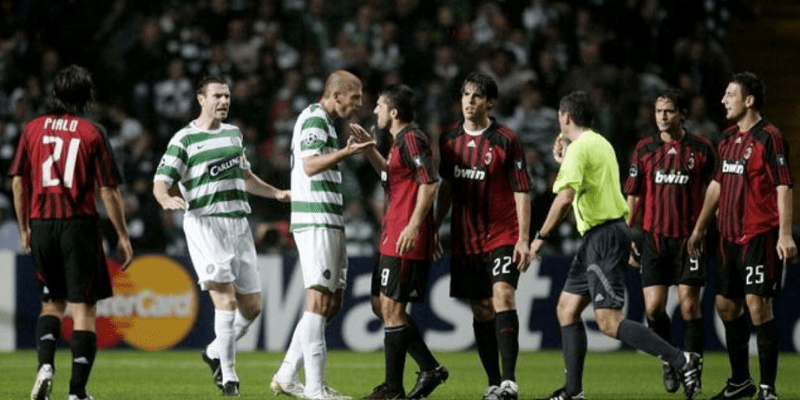
The numbers paint an interesting picture when it comes to AC Milan vs Celtic history Champions League.
- In UEFA’s official head-to-head stats, Milan are recorded with 6 wins, 3 draws, and Celtic with 1 win in their European competition matchups.
- Milan have scored 12 goals in those recorded Champions League ties; Celtic fewer.
- In broader head-to-head records (across all competitions), Milan hold an advantage: 7 wins, 2 draws, 1 loss.
- In matches since 2004, they have faced off nine times: Milan won 6, Celtic 1, with 2 draws.
These statistics underscore Milan’s dominance in the matchup, though Celtic’s solitary win (and tight draws) remind us the Scots have challenged on occasion.
Memorable matches and turning-point nights
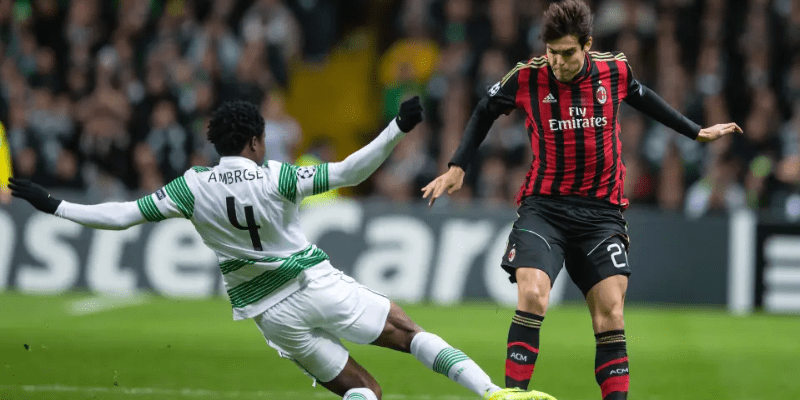
When two teams meet repeatedly, certain nights become legendary. Below are some of the most dramatic and decisive fixtures in the AC Milan vs Celtic Champions League history.
Celtic 2–1 AC Milan (3 October 2007)
In what is often the most fondly recalled night by Celtic fans, the Hoops stunned the European champions in a pulsating group stage game. Stephen McManus struck first in the 61st minute; Kaká converted a penalty to pull Milan level in the 68th; and late in stoppage time, Scott McDonald smashed the winner that sent Celtic Park into delirium. It was a scalping of a giant.
Milan 1–0 Celtic (4 December 2007)
In the return meeting that same group stage, Milan exacted revenge. A tight game decided by a solitary Inzaghi strike ensured that AC Milan took the points. That win helped Milan progress further in the competition.
Round of 16, 2006–07: The quiet ties
In the 2006–07 season, Milan faced Celtic in the Round of 16. The first leg in Glasgow ended 0–0; at San Siro, Milan won 1–0 after extra time. That narrow tie showed how evenly matched Celtic could be — Milan needed extra time to get the edge.
Group stage clashes in 2013–14
In the 2013–14 Champions League group stage, Milan bested Celtic twice: 2–0 at San Siro and 3–0 in Glasgow. These decisive victories display Milan’s ability to dominate even away, capture the peaks and valleys of their rivalry —.
Tactical battles and player narratives
What makes AC Milan vs Celtic history Champions League compelling isn’t just final scores — it’s narrative layers: tactics, players, personal stories.
Styles and approaches
Milan, especially in the 2000s and 2010s, often fielded squads blending defensive solidity with creative flair (the Pirlos, Seedorfs, Kakás). They tended to press control while being lethal on counterattack or set pieces.
Celtic, with less resources and a proud fanbase to inspire them, frequently played with dogged tenacity, commitment, and surprise — leaning on quick transitions, physicality, and collective defending to unsettle their Italian foes.
Stars and their impact
- Kaká looms large in this rivalry. His presence in many Milan squads meant that Celtic often had to contend directly with his creativity and finishing.
- Filippo Inzaghi played a role in several ties, contributing key decisive goals.
- On Celtic’s side, Scott McDonald will forever be linked to that thrilling 2007 winner.
- Over years, different generations of both clubs’ stars added flavor —.
Psychological edge
Repeated dominance by Milan injected a psychological burden for Celtic. Going into matches, Celtic often had to play with more daring, knowing they were underdogs. But their occasional success (like the 2007 win) shows they’ve risen above expectation.
What these meetings teach us
Looking at AC Milan vs Celtic history Champions League is more than counting wins and goals — it’s seeing contrasts of football cultures and eras.
- It underscores the gap often between elite Italian clubs and those.
- It highlights how single moments — a penalty, a late winner, an extra-time goal — can define legacies and narratives.
- It shows also that underdogs, when playing with belief and perfect timing, can carve memorable victories even when history seems stacked against them.
What the rivalry means today
Though Celtic have had fewer recent showdowns with Milan in the Champions League, their history still resonates. For younger fans, the tales of 2007 carry legendary weight; for older ones, the European Cup ties whis, though less frequent in Europe’s latter stages, retain deep continental ambition. Should they meet again in future group stages or knockout rounds, the lore and tension would be instantly reignited.
Conclusion
In StefaKick conclusion, theAC Milan vs Celtic history Champions League is a story of power, surprise, pride, and legacy. Milan have largely held the upper hand over decades of head-to-head battles, but Celtic’s occasional flashes of brilliance — especially that unforgettable night in 2007 — keep the rivalry vibrant and emotional.
